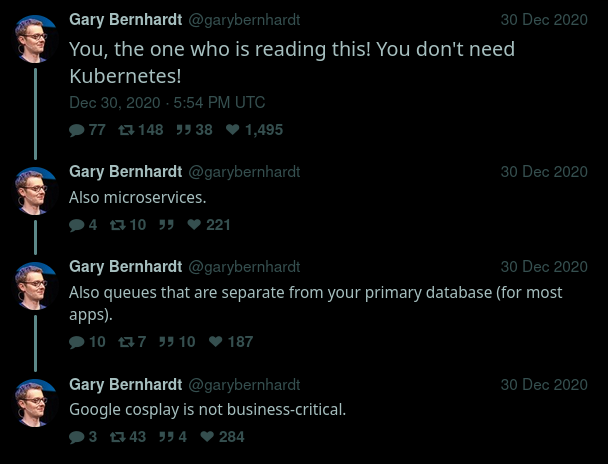Now I sail the high seas myself, but I don’t think Paramount Studios would buy anyone’s defence they were only pirating their movies so they can learn the general content so they can produce their own knockoff.
We don't know exactly how they source their data (and that is definitely shady), but if I can gain access to a movie in a legal way, I don't see why I would not be able to gather statistics from said movie, including running a speech to text model to caption it, then make statistics of how many times a few words were used, and followed by which ones. This is an oversimplified explanation of what a LLM does, but it's the fairest I can come up, and it would be legal to do so. The models are always orders of magnitude smaller than the data they are trained on.
That said, I don't imply that I'm happy with the state of high tech companies, the AI hype, the energy consumption, or the impact on the humble people. But I've put a lot of thought into this (and learning about machine learning for real), and I think this is not a ML problem, but a problem in the economic, legal and political system. AI hype is just a symptom.


Wow, thanks, I have not seen this comment, yet I hinted about this in some of my other replies that I've done before.
Yes, I think ML is fair use, but there it would also be fair to force something into the public domain/open source if, in order to be accrued, it has to make use of fair use at unseen amounts of scale.
This would be a difficult to make law, though. Current ML is very inefficient in the amount of data it requires, but it could (and should) be made better.